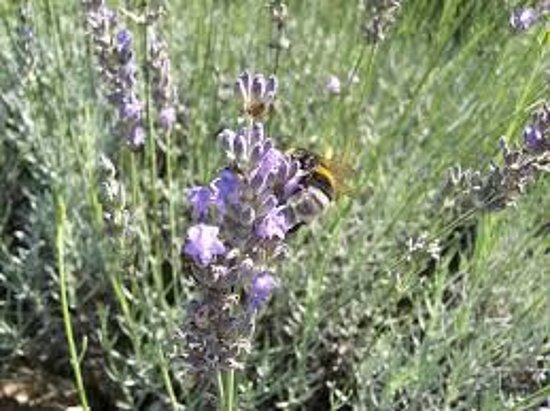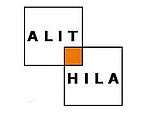Before university
Before university: between carefree comparison and preparation for the rest of your studies
You have done comparative literature without knowing it if you have completed a terminal L and followed the specific literature program. Often you have foreign works which are introduced into the corpus and for the 2017-18 programme, you were invited to compare a novel, La Princesse de Montpensier by Mme de Lafayette (1662) and the film of the same name by Bertrand Tavernier by 2010. Comparing a cinematographic work and a novel does not consist in prosecuting the director for his greater or lesser fidelity to the work; it is much more about understanding the specific constraints of each mode of representation as well as the nature and function of cultural reference. To put it simply, what does it mean to refer in 2010 to a novel from 1662? The contexts and the cultural codes are very different, it is obvious, but precisely, it is necessary to seek to grasp what this difference implies, the shifts in meaning that it entails. To compare is not to stop at similarities, sometimes superficial, between texts or between forms. On the contrary, the approach of the comparatist requires that we also focus on differences and developments. It is also necessary to acquire solid bases of general culture to replace the works in their time, the society which saw them flourish and the dominant mentalities. To take advantage of the cultural change of scenery offered by comparative literature, it is necessary to prepare for the trip.
How to proceed? Be curious first and foremost. Curious about arts, letters, history and even philosophy. You have to read a lot, and as Seneca suggests in one of his letters, you have to forage like the bee on the great authors to make your honey from these readings.

LETTRE LXXXIV à Lucilius. De Senèque
Reading. How it is used for composition. The bees. (extract)
Reading, in my opinion, is necessary, firstly in that it prevents exclusive contentment with myself; then, introducing me to the research of others, it makes me judge their discoveries and meditate on what remains to be discovered. It is food for the mind, which it relaxes from study, without ceasing to be a study too. One must neither limit oneself to writing nor limit oneself to reading: for one brings sadness and exhaustion (I speak of composition); the other irritates and dissipates. You have to go from one to the other, and let them use each other as a corrective: what the reading will have gleaned, let the composition bring it together. Let us imitate, as they say, the bees, which flutter here and there, pecking at the flowers suitable for making honey, which then arrange and distribute all the booty by comb and, as our Virgil expresses it:
Of a liquid honey collected slowly,
Delicious nectar, fill their cells (trans. Joseph Baillard)
